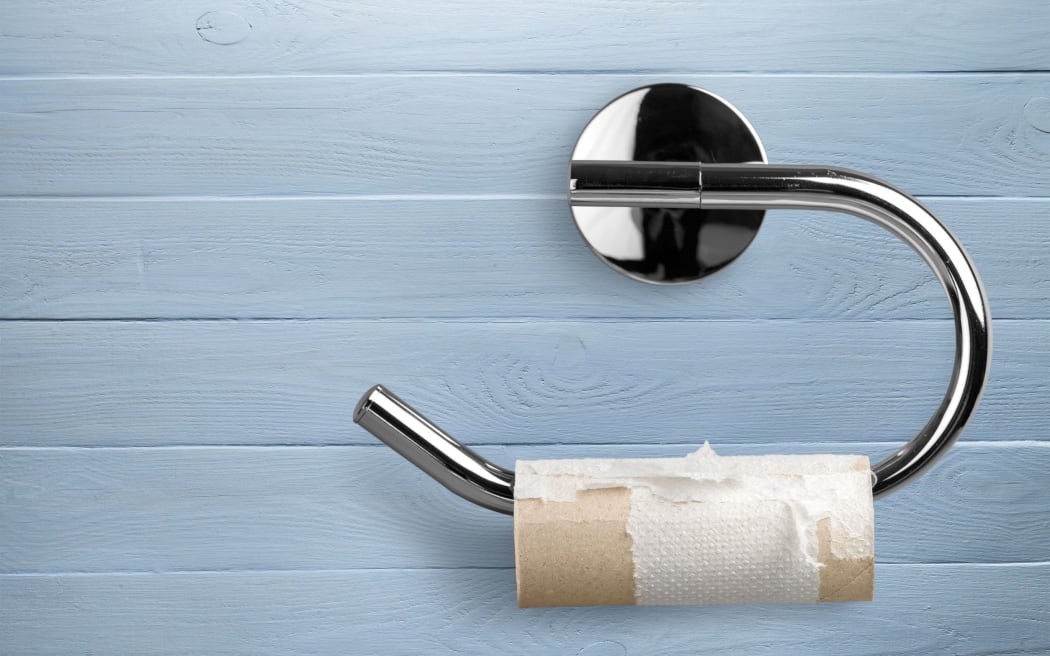Taiwan retailers have seen a rush on toilet paper over the weekend, as word spread of an imminent sharp price rise.

Photo: 123RF
Shoppers used social media to post pictures of empty shelves where the product would usually be.
The island's largest home shopping channel, ET Mall, said that of its 20 top-selling items, six were toilet paper - and demand was 10 times higher than usual.
Manufacturers have written to retailers warning that prices are set to rise by 10 percent to 30 percent next month, as extra costs are passed on to customers.
But some shoppers said they bulk-bought because of fears the product would run out, rather than over price worries.
Toilet paper getting more expensive is a direct result of rising raw material costs globally, according to Taiwan's Ministry of Economic Affairs.
Forest fires in Canada and disruption to production in Brazil are among the factors being blamed.
As a result, the price of short fibre pulp, used to make toilet paper, now costs about $NZ1000 per tonne, compared with $890 a year ago, it said.
But one of Taiwan's largest toilet paper suppliers, YFY, said the situation was more drastic than that. It claimed pulp costs had increased even faster than government estimated, soaring by about 50 percent since the middle of last year. Packing and transportation costs were also rising, it added.
While you would expect a price rise in raw materials to result in higher toilet paper prices globally, there have so far been few reports of such a trend.
In fact, in the US it is expected that competition among the big players in common household goods - including loo roll - will push prices down for consumers.
Taiwan's government has ordered an investigation into the price hike, and The Department of Consumer Protection said it had received assurances from the country's four major retailers - Carrefour, RT-Mart, A.mart and PX Mart - that prices would not rise until mid-March.
Any collusion to increase prices before then would lead to them being fined, the department told media organisation UDN.
Meanwhile the big retail chains also promised not to stockpile supplies in order to sell later at higher prices.
- BBC

